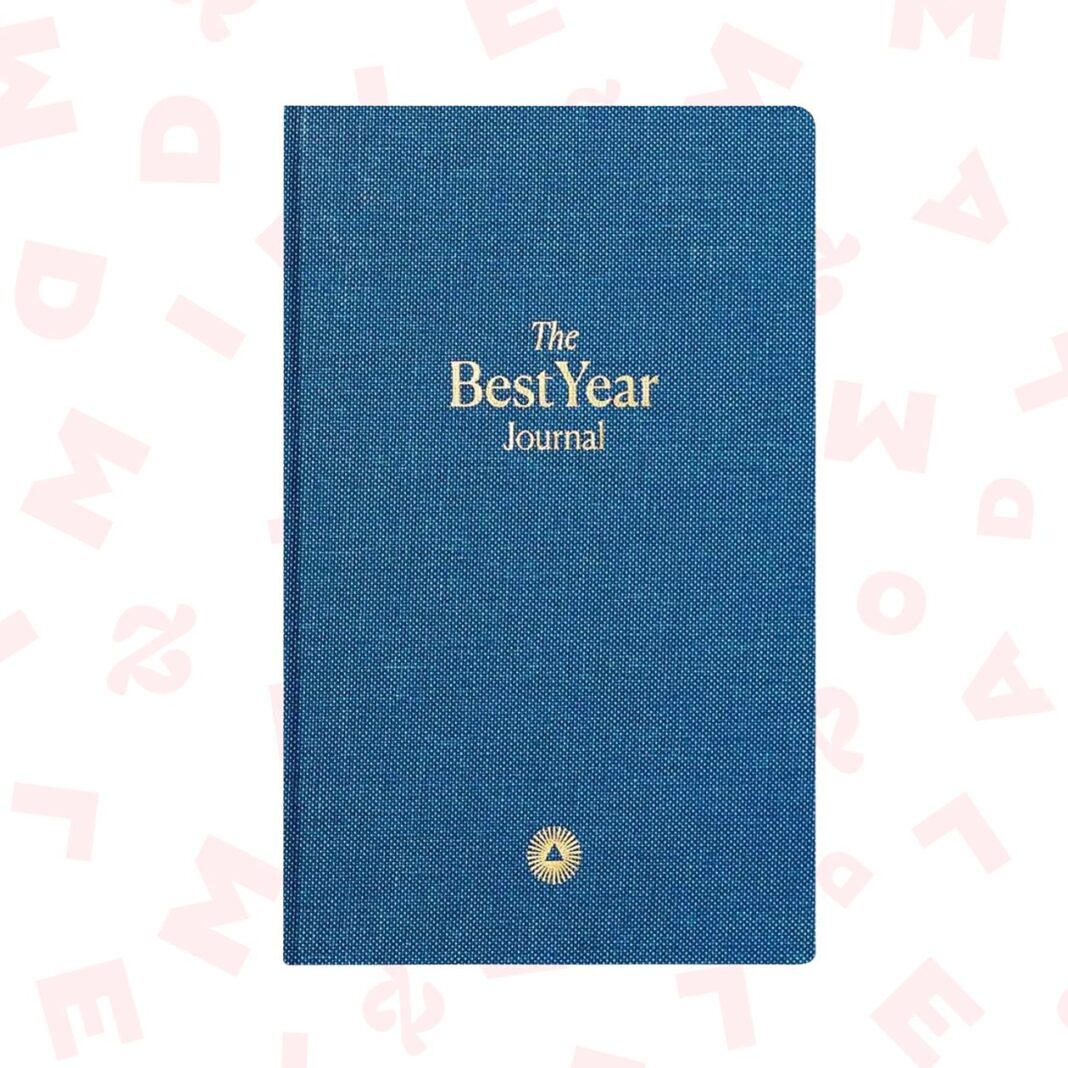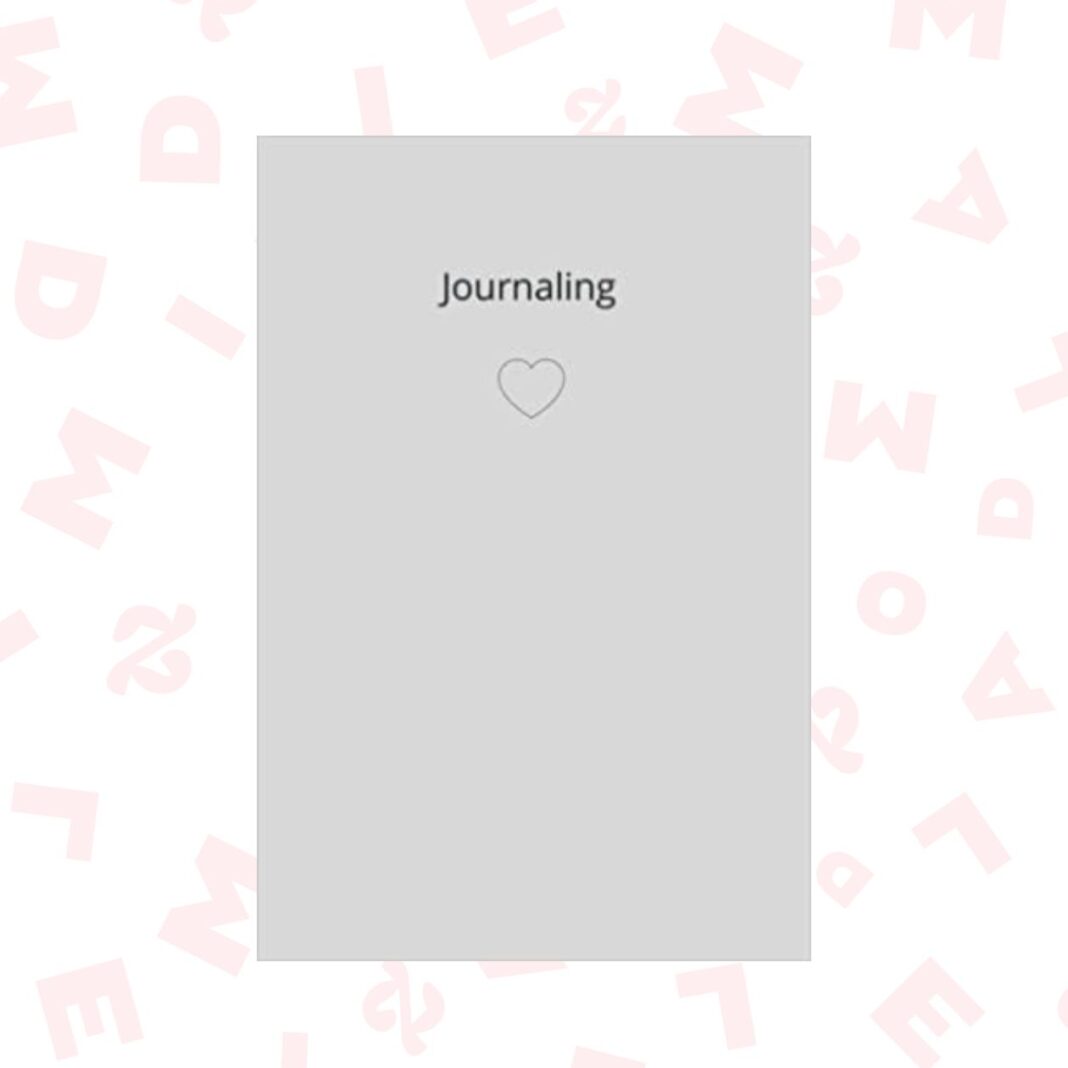The therapeutic benefits of writing have been proven over time. Whether it’s to clear your mind, express your emotions or simply to put your life in order… We all have a reason to write. Furthermore, a study conducted by the University of Cambridge has shown that writing improves physical and mental well-being after a traumatic event. But unlike the diary, where we mostly focus our story on external events, journaling lends itself more to introspection.
What is journaling?
This method consists to allow yourself some time each day (between 5 and 20 minutes), to write down your thoughts, doubts, motivations or vision of the future. What you need to know is that there is not just one technique for journaling but as many as 7, very different from each other.
The bullet journal
Created by Ryder Carroll, an American designer who suffers from attention deficit disorder, the bullet journal is a method that resembles a to-do list. It allows you to put your ideas into action in the form of tasks to be accomplished and gives the comforting feeling of advancing one mission at a time. Infinitely customizable, it allows you to accumulate notes, goals, reminders and planning within the same medium. All this using markers, stickers and other decorations of your choice so that your bullet journal is as suitable as possible for your needs.

free writing
As the name suggests, free writing aims leave those who practice it totally independent of their style. The only prerogative: dedicate at least 10 minutes a day, pen in hand, to write in total freedom and without any censorship whatever comes to mind without too much intellectualizing. The target ? Not to read again later, but to clear your head and vent your emotions to feel liberated once the session is over.
The Vision Diary
The vision diary is useful for anyone who tends to get lost when it comes to executing a plan. Similar to the vision board, it allows you to set a goal and develop it step by step by performing a specific task every day. For example, if you want to write a novel, you can make it a goal to fill one page a day, which you will do daily in your journal. At the end of the latter, you will have achieved your goal and you may have new ones to complete.
Recognition Journal
The gratitude diary, also known as a gratitude diary, allows you to write, day by day, the 5 things that we have appreciated, that have gratified us or simply that have relieved us during the day. This method allows us to focus our mind on the positive things that have happened to us, rather than the negative ones. (even if it shouldn’t be overlooked at the risk of falling into toxic positivity).
The newspaper of one line a day
Writing a line a day isn’t much and yet it is an appointment with yourself that allows you to set an intention for your day or to take stock of it. Generally quite large, the supports that allow us to practice this method extend over a period of one year so that we can immerse ourselves again in what marked our year, week after week.
The dream diary
Dreams are often difficult to identify once you wake up. They can be incomprehensible or evaporate deep in our memory at the start of the day. To allow us to remember him, it is possible to keep a dream diary in which his chimeras should be described in detail. In this way, rereading it, it is possible to understand the themes that emerge more often during the night, and even analyze them to better interpret them.
The morning paper
When you roll out of bed or curl up in your cozy nest, you can keep a morning journal. The concept ? Write 3 pages (not one more or less) in the form of free writing to free the mind from the early hours of the day and thus free your brain from what can clutter it. The goal: to make you intellectually available to deploy energies to connect family life, professional appointments, personal projects and social life.
How to adopt it daily?
Unfortunately, there is no magic formula that encourages you to journal daily and stick to it. But one thing is certain: it is a method that wants to be regular. An appointment with yourself that can sometimes be very useful to clear your head, take stock of your mental health and achieve the goals you have set yourself. Of course, if this practice doesn’t suit you and you can’t find your account, you’re free to stop when you decide.

Tools for practicing journaling
![[Site web] Product model - Square [Site web] Product model - Square](https://c0.lestechnophiles.com/www.madmoizelle.com/wp-content/uploads/2023/01/site-web-template-produit-carre-2-1068x1068.jpg?key=04026e95)


Feature image credits: @Sixteen Miles Out.
Source: Madmoizelle
Mary Crossley is an author at “The Fashion Vibes”. She is a seasoned journalist who is dedicated to delivering the latest news to her readers. With a keen sense of what’s important, Mary covers a wide range of topics, from politics to lifestyle and everything in between.




